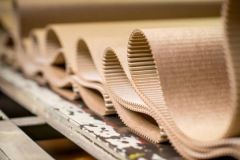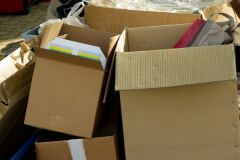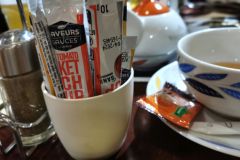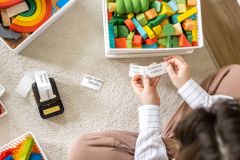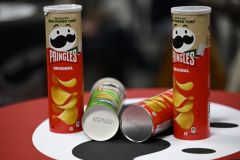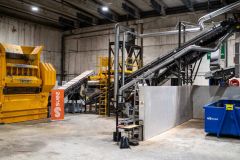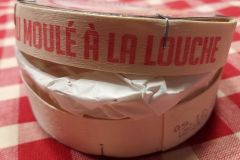Plastics are difficult to recycle into food contact packaging that complies with various regulations. But more and more solutions are emerging. Swiss-based food giant Nestlé has just announced that it has developed, along with eight other groups, a prototype of flexible food packaging made from recycled material, for its Kit Kat chocolate bars in the Australian market.
"While rigid plastics made from recycled material are available, the lack of collection and processing infrastructure for flexible plastic in Australia makes it difficult to keep this waste out of landfills and impossible to meet the demand for recycled content packaging, notes Nestlé, ranked as the third biggest plastic polluter in the world according to the latest report by the NGO Break Free from Plastics. This means that it is not possible to use food-grade recycled flexible plastic packaging without importing the packaging - which does not contribute to improving Australia's waste management and building a circular economy."
Nine companies to create a value chain for flexible plastic waste
A complete recycling chain from collection was therefore organized. Since September 2020, REDcycle and CurbCycle have been collecting soft plastic waste bags from households participating in the test. iQ Renew performs the primary processing of this waste. Then Licella turns it into an oil through its recycling technology called Cat-HTR. Viva Energy Australia then refines the oil and LyondellBasell converts it into food-grade polypropylene. Taghleef Industries creates the metalized film and Amcor prints the film for Nestlé to package the Kit Kat. The packaging is thus made of 30% recycled polypropylene.
"Manufacturers like Nestlé will be instrumental in driving demand for food-grade recycled flexible plastic packaging and creating the market conditions that will ensure that all stakeholders in the value chain view flexible plastics as a resource, not a waste product." said Sandra Martinez, CEO of Nestlé Australia.
At this time, Nestlé does not provide a market date for this new packaging, nor unfortunately does it specify the life cycle analysis of this recycled flexible film.
Nestlé has pledged to make all of its packaging recyclable or reusable and to reduce its use of virgin plastics by one-third by 2025. And the multinational is spending 2 billion Swiss francs (?1.8 billion) to replace virgin plastic with recycled food-grade plastics.




